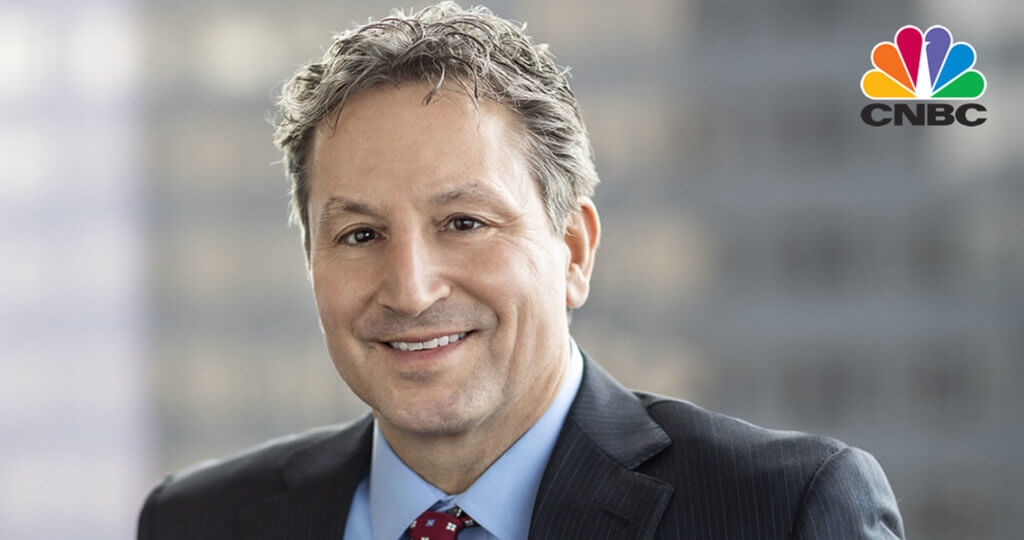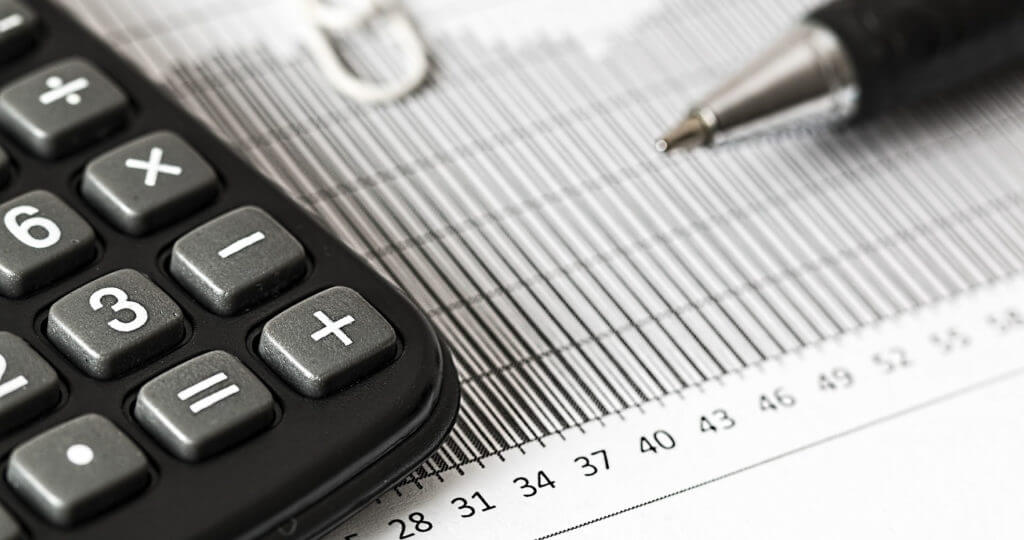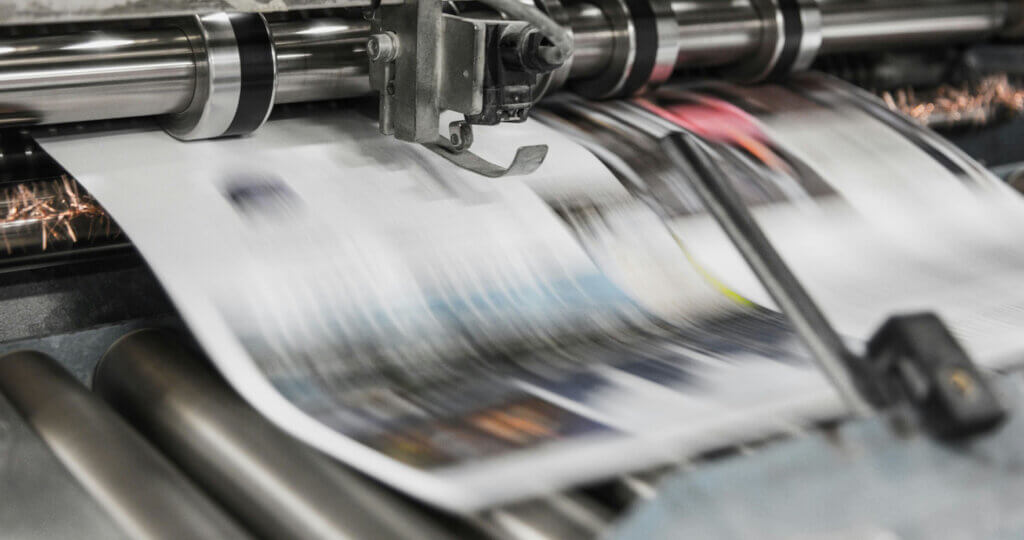
People think some of us rise up to pressure, when really, what science shows is that it’s not that some of us rise up, it’s that a lot of others get weighed down.
– Frank Reich NFL Coach1
When you work in the stock market as we do, it’s not uncommon to get peppered by family, friends and acquaintances with requests for “hot stock tips.” We get it. It’s natural to focus on WHAT you own, but how much time do we spend thinking about the WHY? In other words, what is our framework for making the WHAT decision? This is important because you cannot be an investor and avoid decisions. Even so-called passive investors (those exclusively owning index funds) are making a decision every day. Anyone who has observed the stock market knows it oscillates between extremes in the short run but does a fairly good job of reflecting the economic realities over the long run. Many bad decisions are made around the extremes. In ebullient times, FOMO (fear of missing out) leads investors to pile in and in frightening times they sell…rinse and repeat. It’s a well-worn statistic but worth remembering that missing out on the best 10 market days each year will more than halve your gains as an investor over time.
In her book, The Right Call1, sportswriter Sally Jenkins explores what she has learned about decision making under extreme pressure from decades of covering elite athletes and coaches. She thoughtfully distilled a good decision-making process into seven elements: Conditioning, Practice, Discipline, Candor, Culture, Failure and Intention. There is a myriad of ways to apply these elements as investors. In the interest of brevity, let’s discuss a few elements and the way we employ them at Harris/Oakmark.
Conditioning
Conditioning is a given for any athlete in any sport. Investors—like athletes—aren’t computers or robots that have a stable source computing capacity and power. Our focus and energy are finite, so we must adapt to be our best when it matters most. For instance, at Harris/Oakmark, we hold our stock selection meetings where we make critical investment decisions on Tuesday and Wednesday at 9:00 a.m. and 11:00 a.m., respectively. Notice it’s not 5:00 a.m. or 5:00 p.m. when we might be fatigued and not on the shoulder days of a weekend, so we have maximum attendance to hear as many opinions as possible. As professional investors it’s reasonable to have formal meetings weekly. Maybe you as an individual investor make your decisions monthly, quarterly, or annually with or without an advisor. Either way, consider whether the timing increases or decreases the odds that you commit your full attention.
Discipline
Athletes have grueling training regimens. It takes discipline to adhere to that schedule—and then to apply it on gameday. For a defensive end in the NFL, discipline might mean never losing containment on the edge of the line.
For investors it is about discretion. For example, at Harris/Oakmark we will only own businesses selling at a significant discount to intrinsic value, where we see a clear path to that value growing on a per share basis and that have a management team that has proven capable and is properly aligned with equity owners. The discount to value provides a margin of safety if we’re wrong and leverages returns if we’re right. The growing value criteria helps us avoid value traps. Capable and well-aligned management teams will generally work to maximize the value of the company on a per share basis by attracting and retaining good people, managing the day-to-day business and balance sheet with aplomb, and allocating capital in a value maximizing way. We stick to these same criteria whether we’re in a bear or bull market—just like an athlete sticks to their game plan whether it’s sideways sleet and wind or perfect conditions.
Candor
The best coaches and athletes in the world succeed by being candid with each other and themselves. At Harris/Oakmark we have a fundamental thesis and estimate of value for each company we own. Even if we believe all three of our investment criteria are met, our analysis can be wrong on any given part, or the facts could change. A company’s cash flow statement and the stock market don’t know or care what our thesis is. Over time they either reflect that we are largely right or not, which is why candor is critical in investing. We need a mechanism to help us identify potential mistakes. We encourage candor by performing devil’s advocate reviews to challenge our theses and conducting at least annual retrospectives to track the fundamental performance of the company relative our original thesis. In these ways candor is ingrained culturally, beyond merely hiring people who demonstrate a hunger for seeking the truth.
The best athletes and coaches make better decisions in stressful environments because they have a better framework. As investors we owe it to ourselves to do the same. We don’t have to necessarily “rise up” under pressure. Rather, we must avoid getting “weighed down” with everyone else.
1Source: Jenkins, Sally. (2023) The Right Call. What Sports Teach Us About Work and Life. New York: Gallery Books.
©2023 Harris Associates L.P. (“Harris”) is a limited partnership with Harris Associates, Inc. as its general partner. Harris and Harris Associates, Inc. are indirect subsidiaries of Natixis Investment Managers, LLC, which is an indirect subsidiary of Natixis Investment Managers.
This material is not intended to be a recommendation or investment advice, does not constitute a solicitation to buy, sell or hold a security or an investment strategy, and is not provided in a fiduciary capacity. The information provided does not take into account the specific objectives or circumstances of any particular investor, or suggest any specific course of action. Investment decisions should be made based on an investor’s objectives and circumstances and in consultation with his or her advisors.
Investing involves risk; principal loss is possible.
The views and opinions expressed are for informational and educational purposes only as of the date of production/writing and may change without notice at any time based on numerous factors, such as market or other conditions, legal and regulatory developments, additional risks and uncertainties and may not come to pass. This material may contain “forward-looking” information that is not purely historical in nature.





